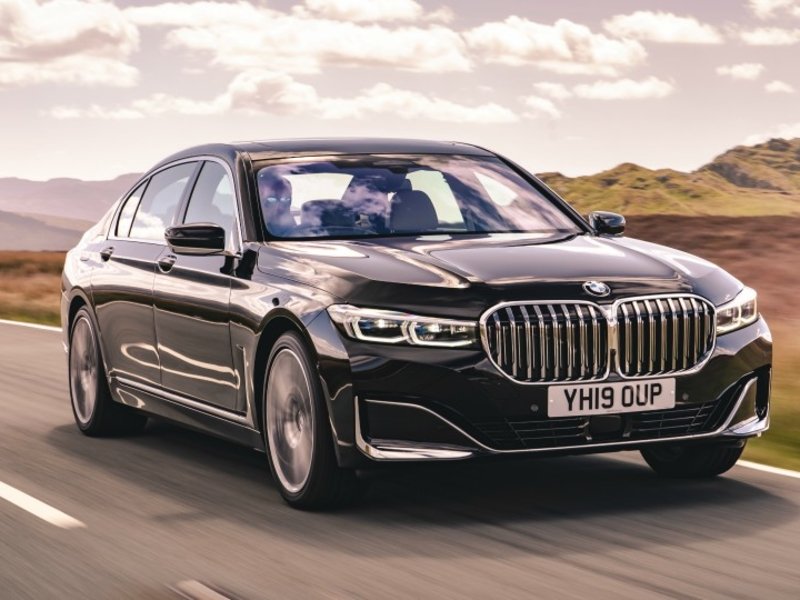
FRANKFURT — BMW and Audi are planning to adopt different strategies for electrifying their flagship sedans.
BMW’s next-generation 7 Series will be available with a full-electric drivetrain in addition to plug-in hybrid, gasoline and diesel versions, CEO Oliver Zipse said on March 18 at the automaker’s annual accounts press conference.
The electric 7 series would be a competitor to the Tesla Model S and the upcoming Mercedes-Benz EQS expected to launch in the middle of the next year.
Zipse did not give a timeline for the rollout of the new 7 series. Production of the 7 Series EV is expected to begin in the second half of 2022 and be launched first in China and Europe, Automotive News reported.
Audi is backing away from its initial idea of making its next-generation A8 range-topping sedan a battery-electric vehicle. Instead the A8 will have a plug-in hybrid version as an electrified option.
Audi development chief Hans-Joachim Rothenpieler said the automaker decided against a battery-powered A8 after intensive discussions. “We will instead expand the driving range of our plug-in hybrid to beyond 47 km,” Rothenpieler told Automotive News Europe.
Audi will focus on full-electric SUVs because sales of large sedans are not showing growth while SUVs/crossovers have increasing volumes, he said.
Large sedans such as the 7 Series and A8 make up a small share of automakers’ sales but they are important as halo cars and technological flagships.
Global sales of the 7 Series fell just over 10 percent in 2019 to 50,550 vehicles last year, representing only 2.3 percent of BMW’s retail volumes.
Sales of the A8, whose latest generation launched in late 2017, rose by 11 percent to 22,300, helped by a flattering comparison to a weak 2018 when the brand suffered from WLTP-related homologation problems across its lineup.
The Mercedes S Class is the upper-premium sedan leader. Its sales fell 8 percent to 71,700 in 2019.
Tesla does not break out sales of its Model S. The company reported combined global sales of 66,771 units of its Model S and Model X last year, down from 99,475 in 2018.